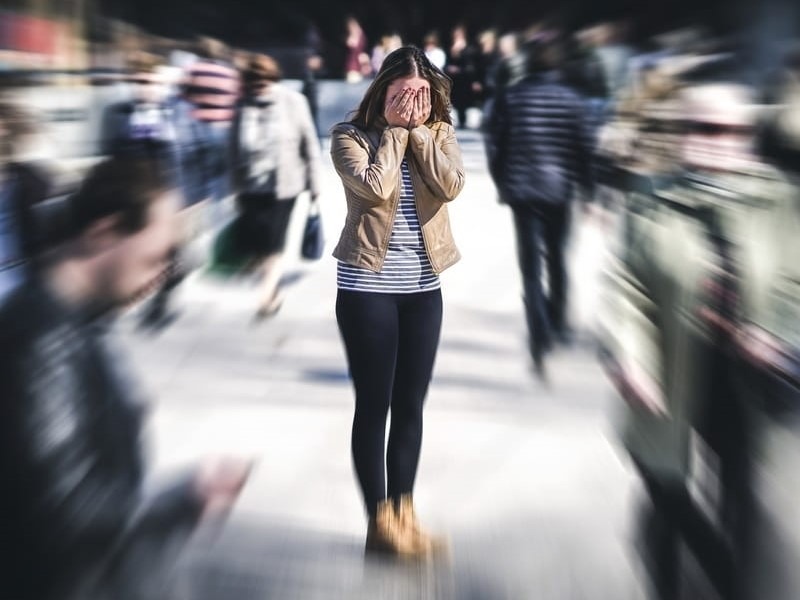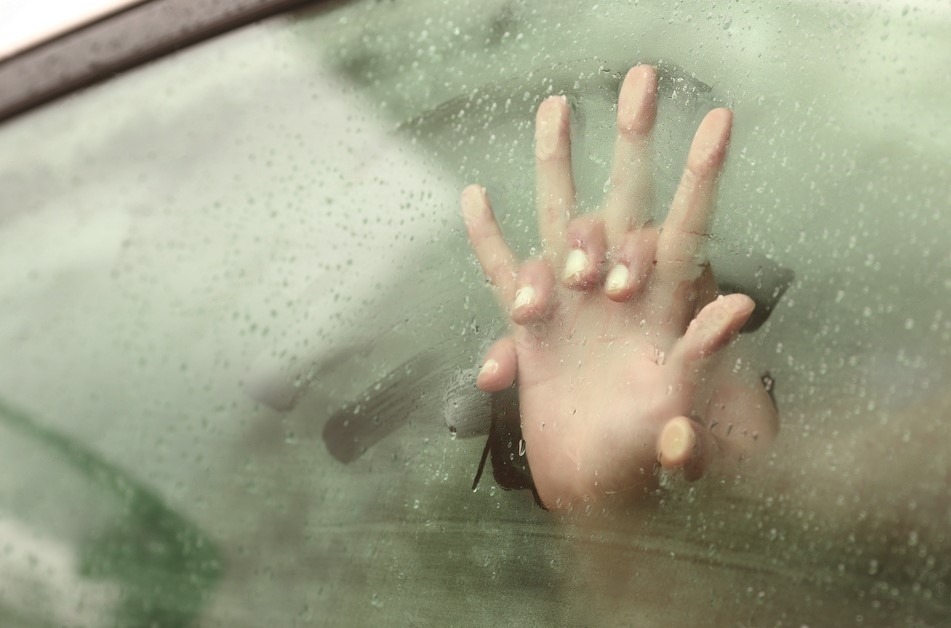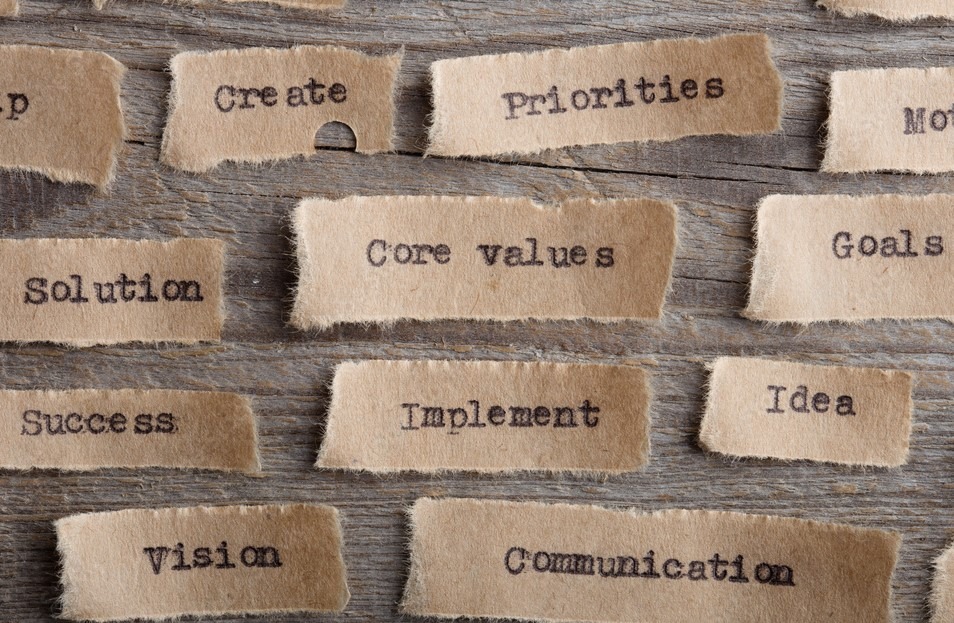Anxiety attacks (aka panic attacks) are extreme bouts of fear. Most often anxiety attacks feel like they come out of nowhere and often catch the person off guard. Other times the triggers are more obvious, like when a person feels turbulence on a plane or the person gets stuck in an elevator.
An anxiety attack can last a few moments up to 30 minutes. Even though this is a fairly short period of time, the absolute terror that is felt during an anxiety attack can be nearly unbearable. The person usually feels completely out of control. It is common for people to think that they’re going to die or that they’re having a heart attack.
After having an anxiety attack, people may start to avoid certain places or activities like going out in public because they’re afraid they’ll have another anxiety attack. If you find yourself avoiding certain situations, please consider seeking help. In truth, anxiety attacks are quite treatable. Some people experience significant relief in as little as 5-8 sessions.
Anxiety Attack Symptoms
- Tingles
- Feeling hot, clammy, or chills
- Sweating
- Constriction in the throat
- Increased heart rate
- Heavy chest
- Upset stomach
- Nausea
- Shortness of breath
- Shaking or trembling
- Difficultly speaking clearly
- Frequent urination or diarrhea
Given the above listed symptoms, thoughts like I’m out of control, I’m going to die, or I’m having a heart attack are understandably common. Because of these physical symptoms, people may mistake an anxiety attack for a medical illness. Many doctor appointments and numerous trips to the hospital might occur before an anxiety disorder is finally realized.
5 Things You Can Do About Anxiety Attacks
- Relaxation techniques: Practicing relaxation techniques regularly such as progressive muscle relaxation, mindfulness, and deep breathing can reduce anxiety symptoms. The trick to using relaxation techniques is to use them as soon as the discomfort begins. Using these tools regularly will also increase feelings of emotional well-being and calm.
- Get enough sleep: Getting enough sleep can be challenging especially if you overthink things while tucked into bed for the night. Practice good sleep hygiene and aim for 7-9 hours of quality sleep.
- Exercise: Often the first health habit to be compromised during stressful times is exercise. Protecting exercise time will ensure optimal vigor during difficult times. Exercise is a natural stress buster, relaxer, energizer and giver of good feels. Who couldn’t use more good feels? Rhythmic activities like running, swimming, walking, dancing, martial arts, yoga are especially beneficial.
- Reduce or stop: Caffeine, alcohol, and nicotine use can make it worse. All of these are powerful stimulants; the last thing an anxiety attack needs is more energy!
- Connect: Feelings of loneliness and isolation can trigger or intensify anxiety. Sharing and talking about worries with someone face to face can often help relieve the overwhelming concerns. Meet up with friends regularly, join a support group or share the worries with a loved one. It’s never too late to build friendships and strengthen existing relationships.
When To Seek Out Professional Help
While the above mentioned tips are very effective in managing and coping with anxiety, sometimes the anxiety causes extreme distress and begins to disrupt daily routines, activities, and relationships. It’s at this juncture that professional help should be sought.
If you find you are experiencing distressing symptoms, the first thing that needs to occur is a medical check-up. Physiological conditions like hyperthyroidism, peri-menopause, hypoglycemia, and asthma can cause anxiety like symptoms. Make sure to bring a list of current medications, including recreational drugs, over-the-counter supplements, herbal remedies, and prescriptions; some medications have side-effects that can cause anxiety.
If the doctor rules out medical causes, then the next step is to consult an experienced therapist. Together with the therapist you will determine a cause and treatment plan. There is no need to live with unbearable anxiety; it is highly amenable to treatment. We’re here to help!
***Many people with anxiety disorders also struggle with depression. It is believed that anxiety and depression are biologically related, which might explain why they often co-occur. Depression and anxiety make each other worse, which is why is it important for both conditions to be treated. We can help with that too! Take us up on our risk-free consultation.












